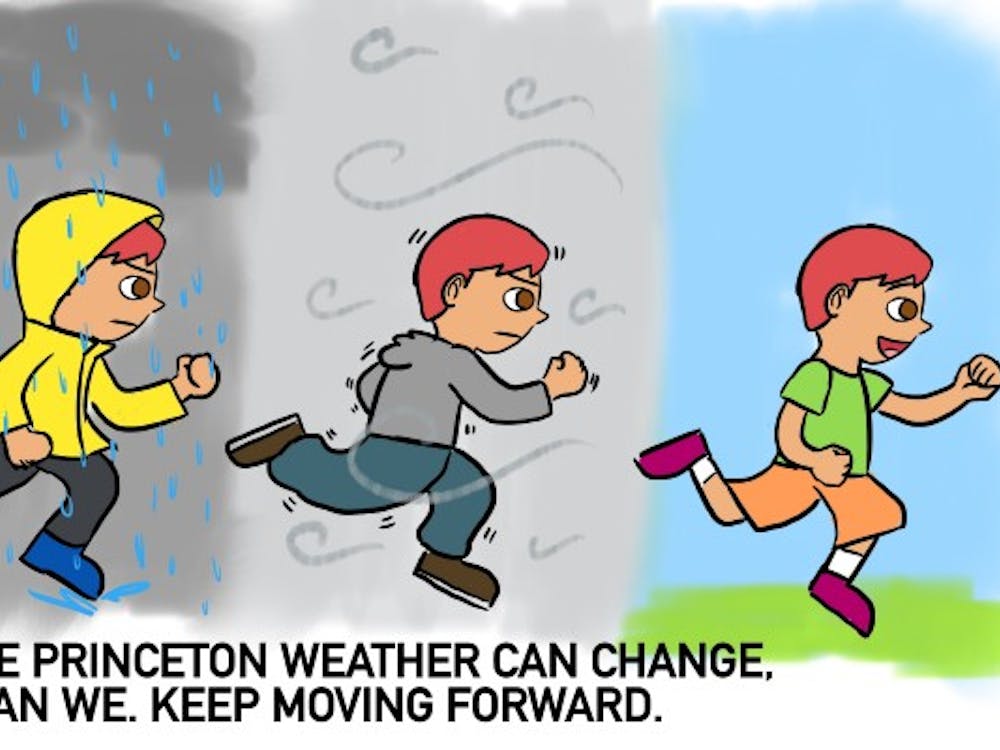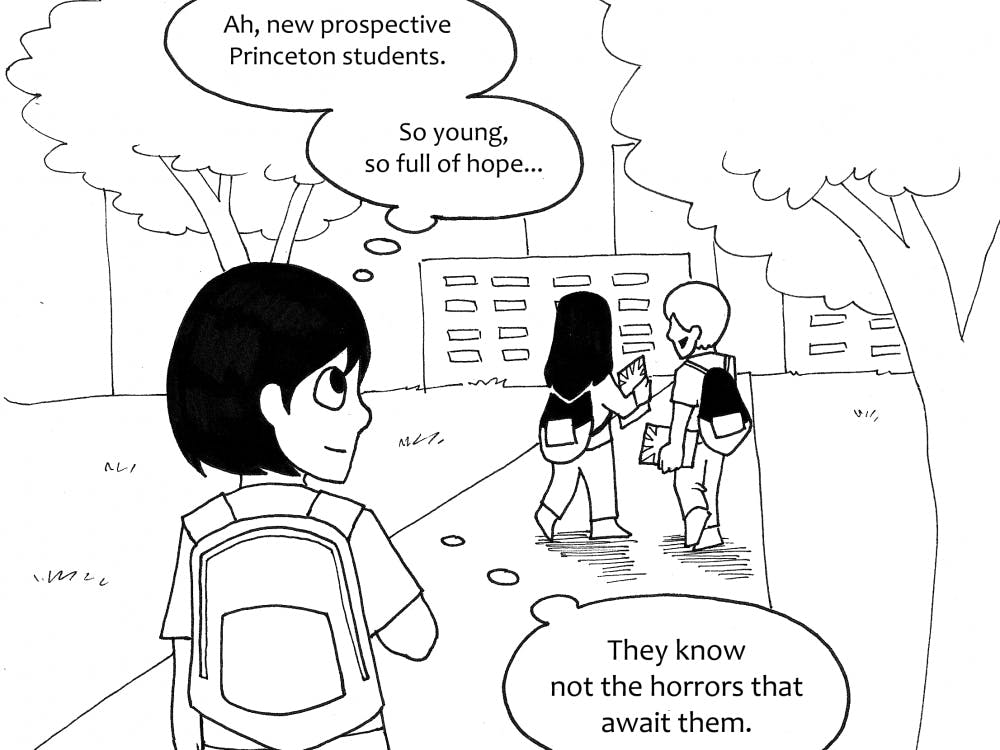Letter to the Editor: The University's majors need expansion
Guest ContributorSophomores, take note: The options that were offered to you this spring are not nearly as comprehensive as those offered at other Ivy League and top universities. If we hope to live up to our reputation and values as a liberal arts university, this must change. The University’s system of majors is extremely narrow compared to its peers. Princeton offers 37 academic concentrations. Harvard offers 49; Stanford, 65; Yale, 75; Columbia, 80; Brown, 79; Cornell, 80; Dartmouth, 63; and the University of Pennsylvania, 64.










